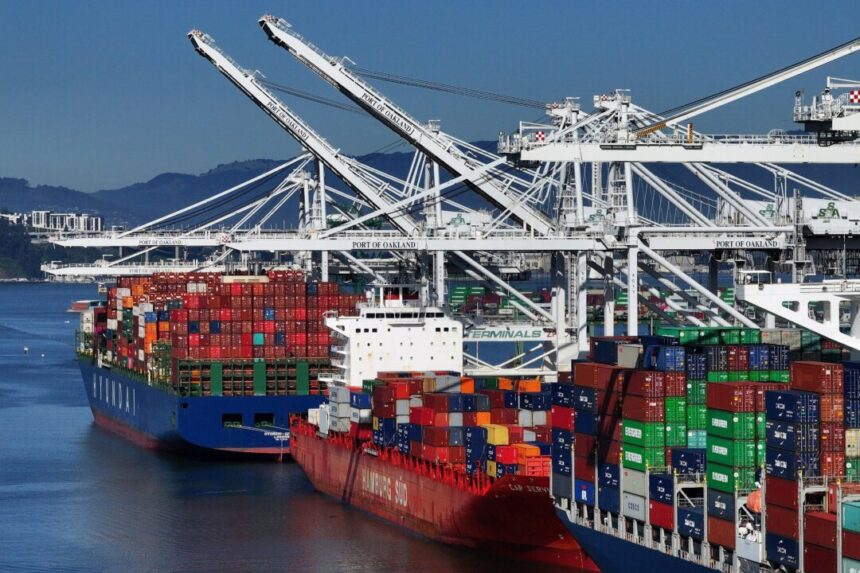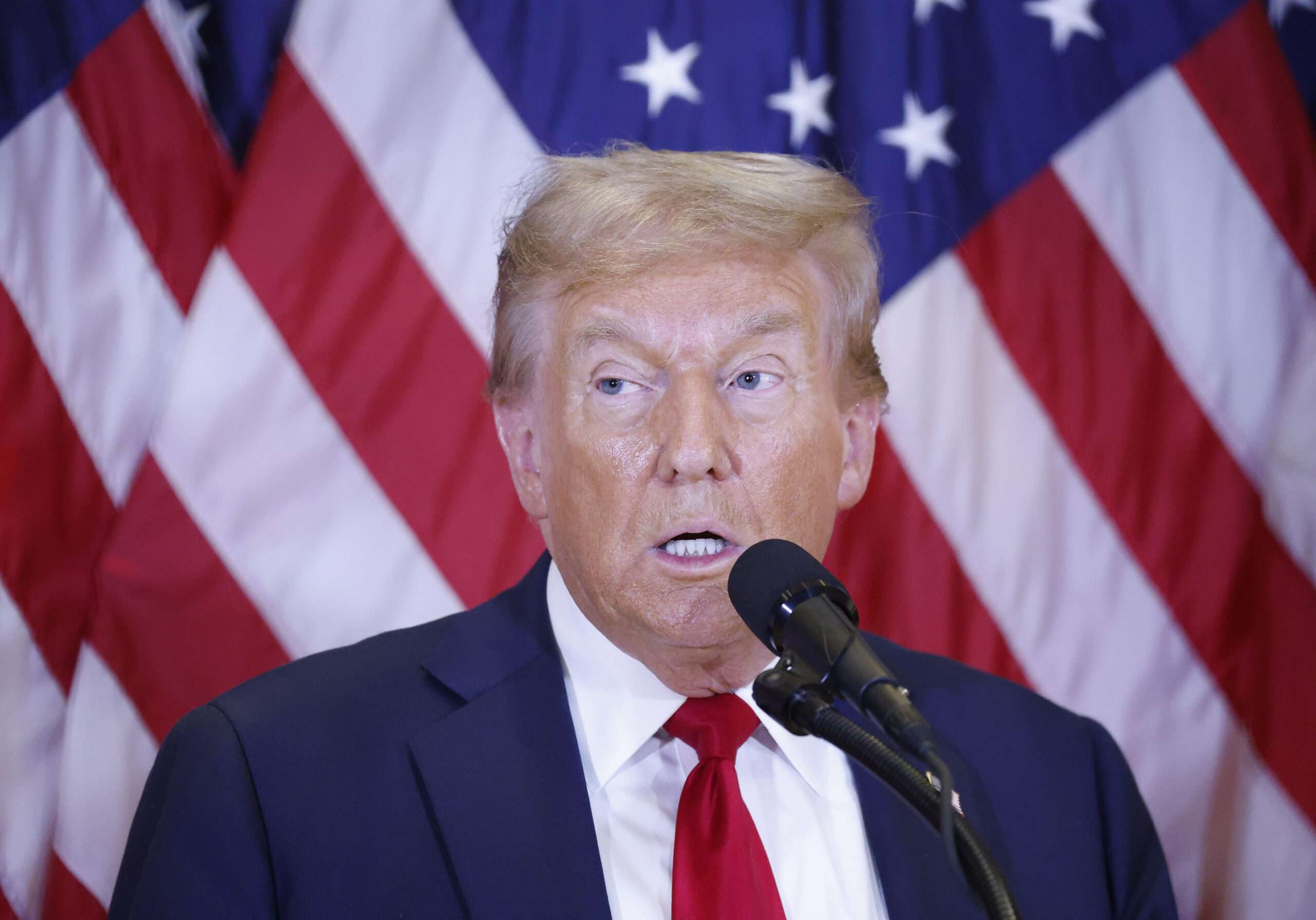Commentary
An investigation conducted by the U.S. Congress revealed significant concerns regarding Chinese Communist Party (CCP) influence in cranes utilized at American ports. The discovery of surveillance equipment and connections to China’s military raised alarms about the national security threat posed to U.S. shipping infrastructure.
Recently, the House Homeland Security Committee and the Select Committee on the CCP released a
report highlighting the escalating threat to U.S. security stemming from China’s dominance in the global maritime industry.
The focus of the report was on
Shanghai Zhenhua Heavy Industries (ZPMC), a state-owned Chinese company responsible for manufacturing approximately 80 percent of the ship-to-shore (STS) cranes used in U.S. ports. The investigation unveiled cybersecurity and national security risks associated with these cranes due to embedded technology that could potentially grant the CCP access to or disrupt U.S. port activities. Additionally, ZPMC pressured certain U.S. port operators to allow remote access for maintenance and diagnostics, raising concerns about potential
espionage and sabotage.
China’s control over maritime infrastructure and data collection presents significant vulnerabilities for the United States and its allies. Efforts are being made by lawmakers to transition U.S. ports to alternative crane manufacturers, but ZPMC’s market dominance complicates this endeavor. The CCP’s
national security and intelligence laws mandate companies like ZPMC to support intelligence activities, intensifying the threat to U.S. infrastructure.
A recent report indicated that ZPMC cranes contain unnecessary cellular modems that could be utilized for intelligence gathering, contrary to purchase agreements with U.S. port authorities. Concerns also arise from ZPMC’s proximity to a warship-building shipyard and the fact that the company’s chairman, Liu Chengyun, heads the internal Communist Party committee, rendering the company susceptible to CCP influence.
A letter was sent by the congressional committee to ZPMC requesting explanations about the company’s connections to the CCP, whether it received subsidies from Beijing, and if the cranes were equipped with surveillance devices.
ZPMC responded by stating that, according to China’s data security law, CCP approval was necessary to address the committee’s inquiries. The company also asked the committee to sign a nondisclosure agreement, which was declined. While ZPMC denied any evidence of Chinese intelligence or security services mandating modifications to equipment for U.S. ports with surveillance capabilities, they cited the law on “guarding state secrets” as a reason for withholding information regarding their relationships with the Ministry of State Security.
The undeniable ties between the company and the CCP were further underscored by the fact that You Ruikai,
ZPMC’s chairman and president, also serves as the party secretary for the internal Party committee, whose members are elected by the Party members of ZPMC.
To date, ZPMC has not clarified to the U.S. committees who the internal Party committee reports to in Beijing or what information is shared. ZPMC
released a statement on its website expressing displeasure at the accusations made by U.S. authorities and asserting that its cranes do not pose a cybersecurity threat.
Meanwhile, Xinhua, the CCP’s media outlet, has accused the United States of fabricating a China threat, despite Chinese laws that compel companies to gather intelligence and prohibit them from disclosing their ties to Beijing.
In August 2020, the U.S. Department of Commerce added
several CCCC subsidiaries to the Bureau of Industry and Security’s Entity List due to their involvement in militarizing artificial islands in the South China Sea. That same month, the U.S. Department of Defense identified CCCC as one of the “
Chinese military companies” operating in the United States.
In November 2020, then-President Donald Trump issued
Executive Order 13959, which prohibited American companies and individuals from owning shares in firms like CCCC linked to the People’s Liberation Army.
In December 2020, the Department of Commerce added CCCC to the Entity List, prohibiting it from purchasing American products.
In 2021, President Joe Biden not only upheld Executive Order 13959 but expanded it, emphasizing the necessity to
prevent the CCP from using U.S. investors and customers to finance China’s military-industrial complex. This included China’s involvement in military, intelligence, and security research, as well as weapons production through its Military-Civil Fusion strategy, potentially rendering all Chinese companies instruments of the CCP by merging civilian and military sectors. Biden also warned about the serious threat posed by the CCP’s use of surveillance technology to U.S. national security, foreign policy, and the economy.
Utilizing economic statecraft, the CCP aims to enhance U.S. dependence on Chinese equipment and technology, particularly in the maritime domain. U.S. federal law enforcement agencies have confirmed that Chinese state-owned enterprises aggressively seek to establish a strategic presence at crucial ports, leveraging subsidies to gain influence.
China’s subsidies have made ZPMC cranes half the price of competitors, leaving U.S. ports with limited alternatives. The Association of American Port Authorities has advocated for revitalizing
domestic crane manufacturing to reduce reliance on Chinese products.
Views expressed in this article are opinions of the author and do not necessarily reflect the views of The Epoch Times.








